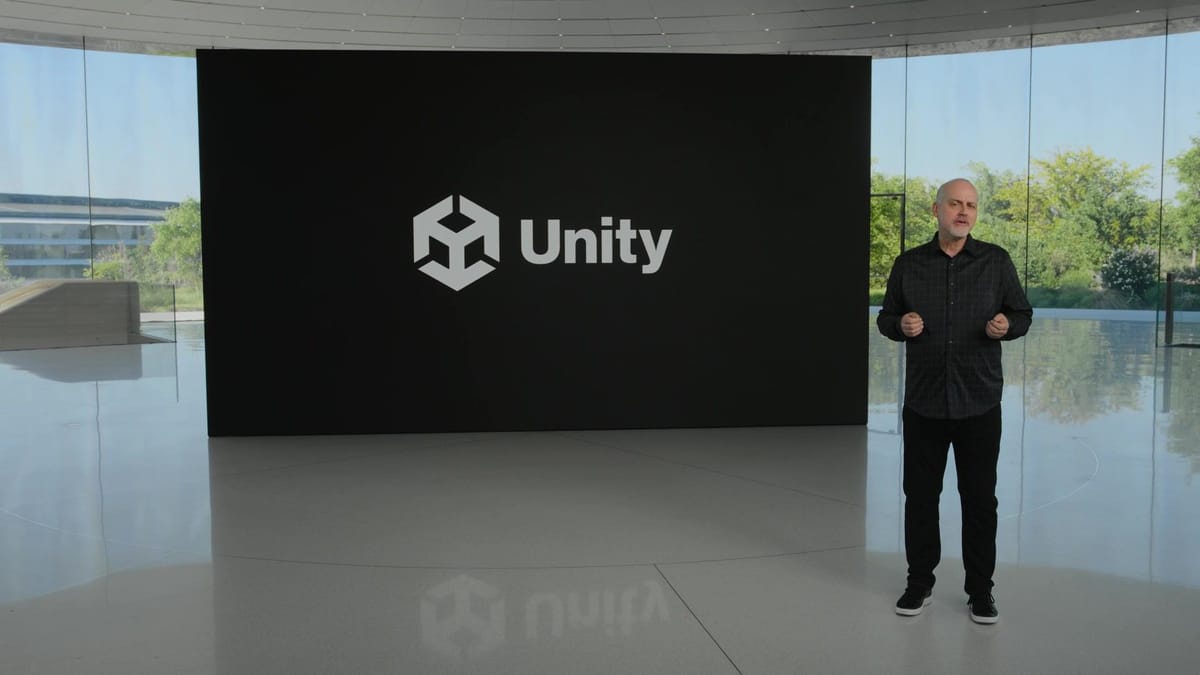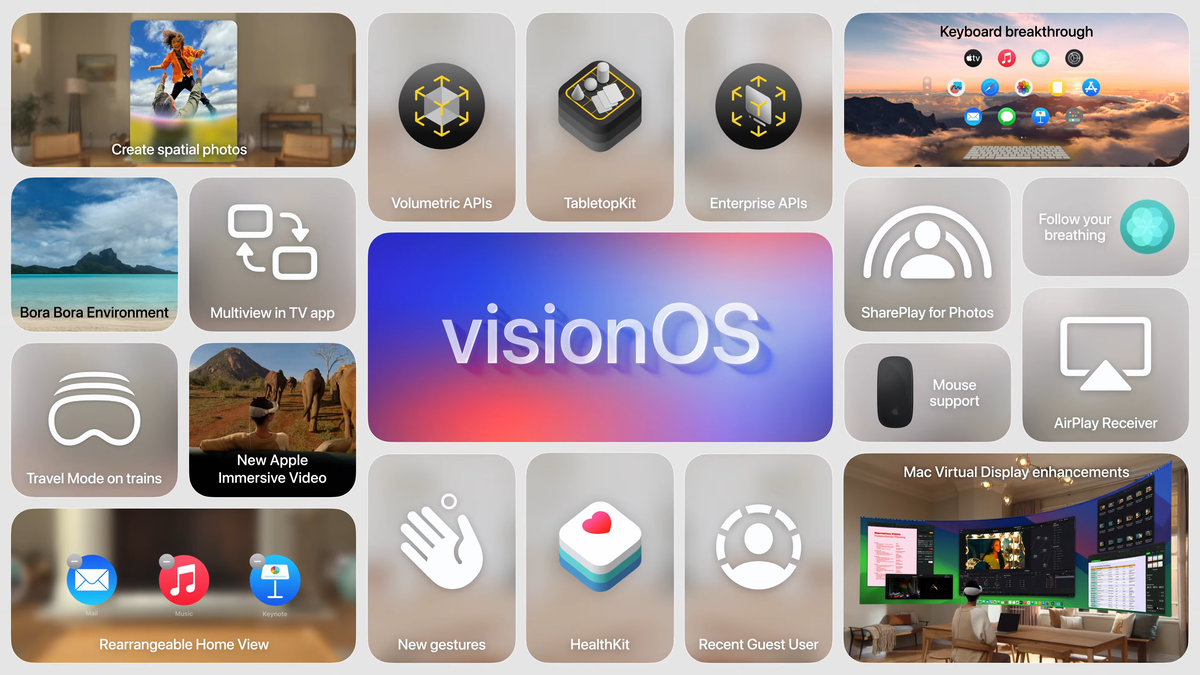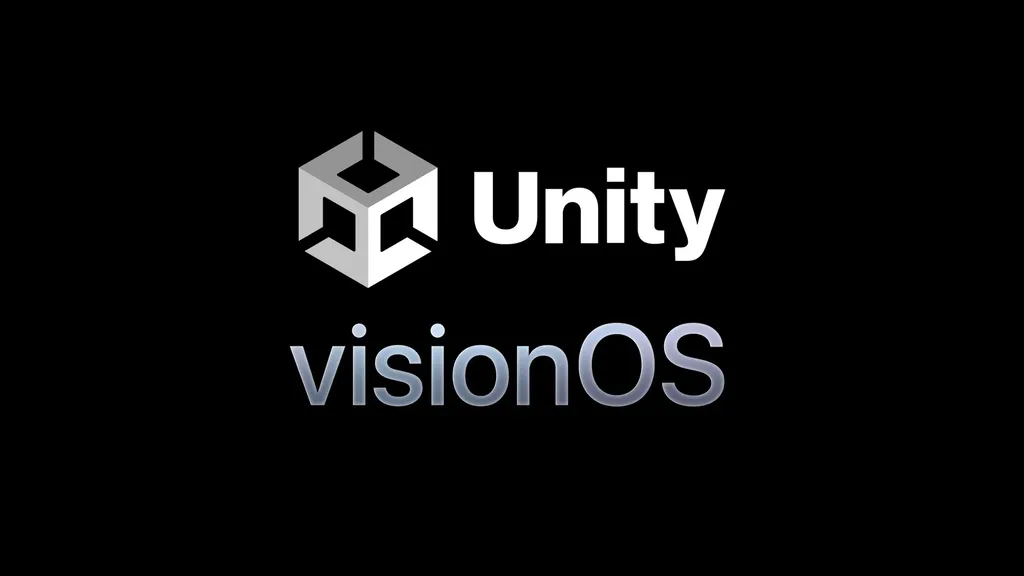Unity 6 Preview will add pre-release support for visionOS 2 "in the upcoming weeks".
Unity 6 is the latest release of the game engine that's used to build most VR content. It's currently in preview, meaning it's supported by Unity but isn't yet recommended for production projects. A stable release is planned for later this year.
This week Unity announced that the 2.x release of the visionOS package will require Unity 6 and add support for key visionOS 2 features:
• Rendering Metal with passthrough to build content with passthrough while leveraging Unity graphics features that are compatible with Metal 5 out of the box.
• Resizable volumes that help you achieve greater control over the scale within bounded volumes.
• Dynamic lights and shadows for greater immersion and realism in Mixed Reality experiences.
• Custom hover effects for greater visual control of hover interactions when a user is gazing at objects.
• Improved support for shaders that enable a greater range of visual effects including the glass material appearance on SwiftUI interfaces.
That "Rendering Metal with passthrough" feature means developers will no longer be limited to using PolySpatial, which has notable restrictions, for AR apps.

Additionally, the 2.x versions of the package will bring the following improvements for both versions of visionOS:
• Support for blendshapes to enable a wider range of geometric applications, including deformations and smooth, natural-looking animations.
• Stereo render targets to help users achieve a wide range of effects including stereo windows and holographic 3D projections.
• Hybrid apps that enable mode switching across Mixed Reality and fully immersive experiences.
• Support for multiple volumes that enable a wider breadth of interactive content.
• Support for entities graphics to enable more diverse visual experiences.
• Shader debugging to help you create and customize shaders more efficiently.
The 2.x versions of the Unity visionOS package will be marked as pre-release at first. Unity says there will be "ongoing work focused on performance improvements and overall stabilization", and tells developers not to use it yet for production projects.
That shouldn't be an issue though, since visionOS 2 itself is currently only released as a beta, with a stable release coming this fall.

The Unity visionOS package will continue to require Unity Pro, which costs $2040 per year. That's a steep ask for indie developers and people wanting to experiment with visionOS, especially after forking out $3500 for the headset itself.































